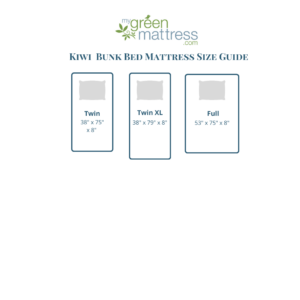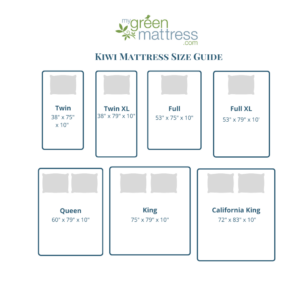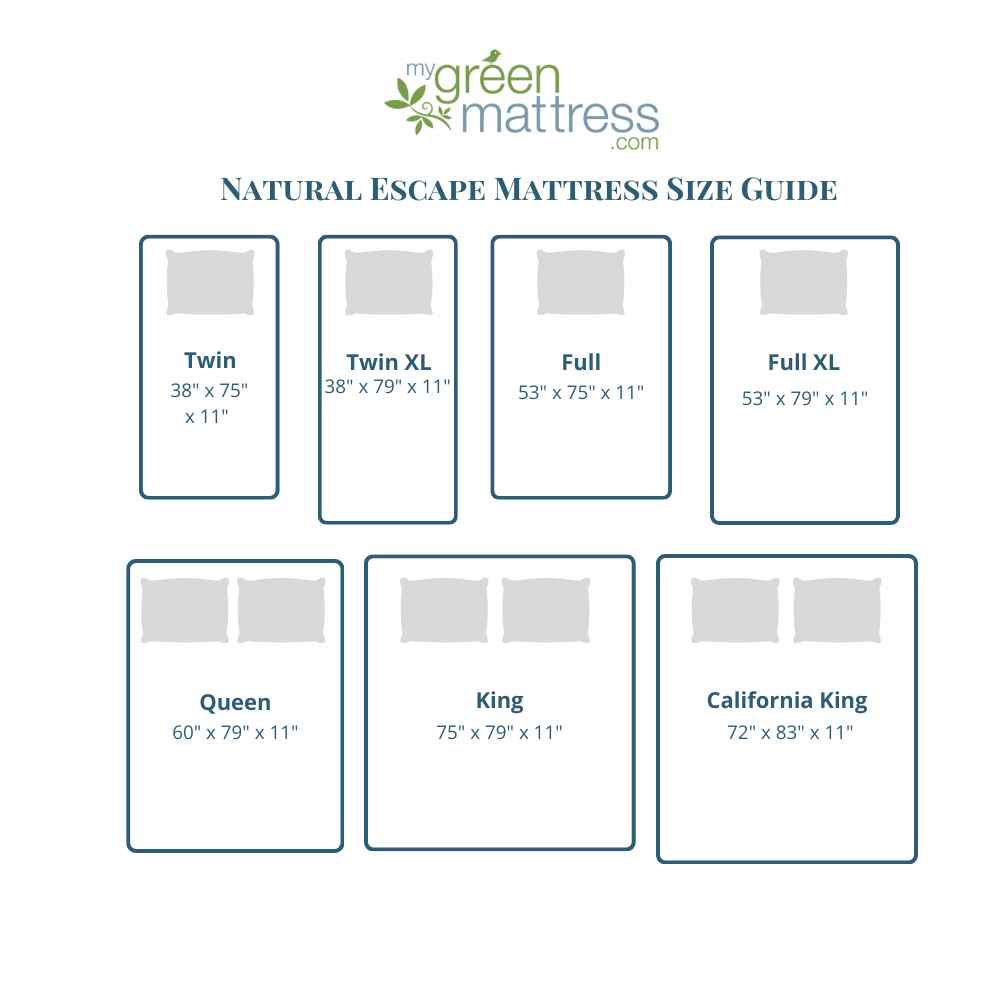As pollen counts rise, so do Google searches for allergy relief. Spring may be beautiful, but for allergy sufferers, it can feel like a season-long battle against sneezing, congestion, and restless nights.
If you’ve found yourself searching “how to stop sneezing at night” or “best mattress for allergies,” you’re not alone. The good news: small changes in your sleep environment can make a big difference in how you feel.
Your bedroom is one of the most important spaces to get right, especially since it’s where you spend about a third of your life. And when allergy season hits, reducing irritants in that space can mean deeper, healthier sleep.
1. Start With an Organic Mattress
Conventional mattresses are often made with synthetic materials, chemical adhesives, and flame retardants that can off-gas and aggravate sensitive airways. They can also trap dust mites, mold spores, and other common allergens over time.
Organic mattresses offer a healthier foundation, and are typically made with certified organic cotton, wool, and latex, which are:
- Hypoallergenic: Naturally resistant to dust mites, mold, and mildew
- Non-toxic: Free from harmful VOCs and off-gassing
- Breathable: Helps regulate temperature and humidity, making it harder for allergens to thrive
It’s a simple switch that supports a cleaner, low-allergen lifestyle, without compromising on comfort.
2. Add a Washable Mattress Protector
Dust mites are one of the most common triggers for allergy-related sleep problems. A breathable, organic cotton mattress protector acts as a barrier, helping prevent sweat, dust, and microscopic allergens from settling into your bed.
To keep it clean:
- Wash your mattress protector weekly
- Make sure it’s fully dry before placing it back on your mattress
3. Keep Your Bedding Extra Fresh
Allergy season means pollen is everywhere, including your sheets. Even if you’re not spending time outdoors, allergens can hitch a ride into your bedroom on your clothes, skin, and hair.
Simple habits to try:
- Remove your shoes at the front door
- Change your clothes before getting into your bed
- Shower before bed to rinse off pollen
- Wash sheets and pillowcases weekly in hot water
- Use a gentle, fragrance-free detergent if you’re sensitive to scents
And while line-dried bedding smells great, it can also pick up airborne pollen—so consider drying indoors during peak allergy days.
4. Make Your Bedroom a Pet-Free Zone
Love your dog or cat but struggle with allergies? Your pet may be bringing in more than just cuddles. Pollen, dust, and dander can cling to fur and end up in your bed.
Designating the bedroom as a pet-free zone—at least during peak allergy season—can give your sinuses some much-needed relief overnight.
5. Run a HEPA Air Purifier
Spring air can carry microscopic allergens that sneak into your home, even with the windows closed. A HEPA air purifier filters out dust, pollen, and dander to help you breathe easier while you sleep.
Keep it running at night and clean the filter regularly for best results.
6. Simplify and Clean Often
Less stuff = fewer surfaces for allergens to hide. Minimize clutter around your bed, avoid too many decorative pillows, throw blankets and stuffed animals. Dust frequently using a damp cloth to trap (not spread) particles. Don’t forget easy-to-miss spots like:
- Under the bed
- Ceiling fans
- Window sills
- Air vents
Even vacuuming with a HEPA filter can make a noticeable difference in how clear your bedroom feels.
7. Upgrade to Allergy-Friendly Pillows
Just like your mattress, your pillow can be a hidden source of dust and allergens. Natural latex or organic wool pillows are more resistant to dust mites and mold than synthetic fills—and offer breathable support.
If your pillow is over two years old, it may be time to replace it.
Creating a Bedroom That Supports Better Sleep—and a Healthier You
Allergy season doesn’t have to mean sleepless nights. With a few thoughtful upgrades—like switching to organic materials and creating easy cleaning routines—you can turn your bedroom into a true sanctuary for rest and recovery.
From organic mattresses to natural pillows and protectors, our products are handcrafted to support sensitive sleepers—and help you breathe easier, all year long.









